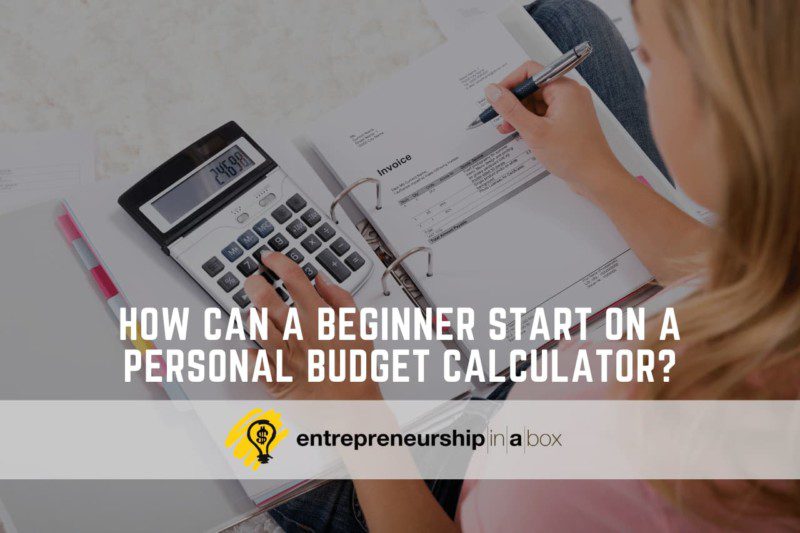Are economic troubles causing you to consider your personal financial situations? You may be worried about losing your job or how much you have to pay as debt. But you can still save yourself. All you need to do is devise a smart budget plan that you can stick to.
If you are worried about where to get started, we have got your back! This article will help you to make a budget plan in 7 simple steps without pushing you further into financial complexities.

Let’s dive in.
1. Set Measurable Goals
Goals for your money will help you make smart spending choices. First, you need to identify what exactly do you want from your finances. Ask yourself this question: what do I want from my finances to look like in a year? You need to put a finger on your foremost priority and start from there. Once you have set your aims, it will become easier for you to progress to the next step.
2. Identify Your Income and Expenses
Sit down and start figuring out how much do you earn in a month. This includes all your sources of income ranging from your major source of income such as business and job to alimony, rental income (if you have any), etc. After determining your monthly income, look for your expenditure streams. Does this mean you need to track where does all your income goes? An easier way to this is by keeping a check on your spending. Spend as you normally would but jot down every cent you spend in and outside your house. Continue doing this for about a month and you will be given a clear picture as to where and how you spend your earnings. It is simple and you might be amazed about what you find out.
3. Separate Needs and Wants
Now, we do not need to tell you how to differentiate between your needs and wants. Look for all the items in your expenditure list and ask yourself: Do need this or do I want this? Can I live without it? Will spending this money get me closer to my financial goals or farther away from it? And you will be given the answer. Set clear priorities for yourself and the decisions become easier to make.
4. Design Your Budget
Make sure that you are not spending more than you make. Balance your budget to accommodate everything you need to pay for. If you are expenditures are more than your income, then focus on variable expenses that can be cut down. Readjust your expenses and replace expensive items with less expensive ones.
5. Put You Plan into Action
Match your spending to when you receive income. Decide ahead of time what you will use each pay check for. Ask yourself: Have I allocated money for my necessities? Have I put money aside for my debt payments, unexpected expenses, savings etc. this will protect you from going into further debt because you won’t rely on credit to pay for your living expenses.
6. Seasonal Spending
You know that sometimes, some things and occasions “just come up” and you have to spend money on them. This could be planning your colleague’s birthday, school events, new shoes, etc. always set an amount aside to pay for these expenses so you are prevented from going into debt.
7. Look Ahead
Getting on track with a budget can take a month or two. You cannot expect to do the savings overnight. You have been living without a plan all the time so things will take time to settle in.
So do not lounge around anymore. Start noting down your budget and save your money without going into debt.





